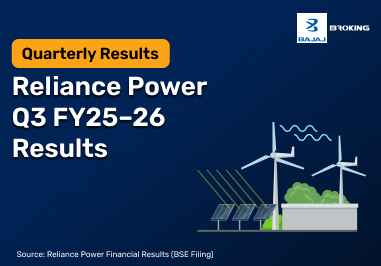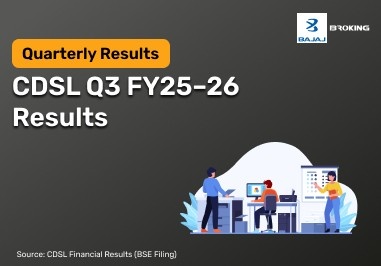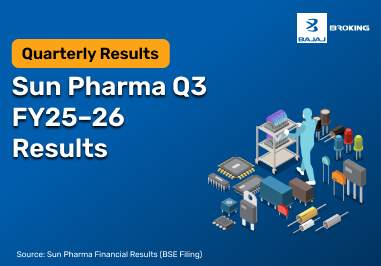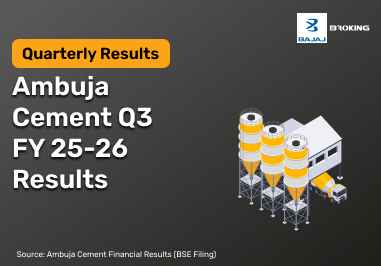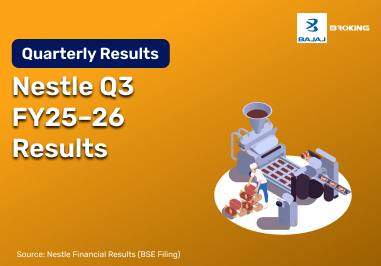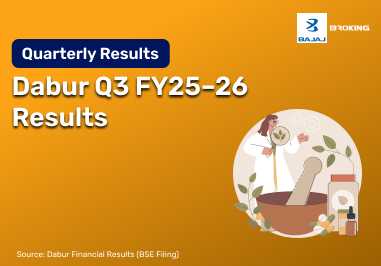I still remember my own hesitation the first time someone mentioned Power of Attorney (POA) in relation to a demat account. My first thought was, why would I hand over control of my shares to another person? It sounded risky. But with time, I realised the practical side. Life gets busy — sometimes with travel, sometimes with work — and being available for every single trade is not always possible.
A POA is essentially a legal document that allows you to authorise someone you trust to operate your demat account when you cannot. Think of it as handing over a spare electronic key to your investment locker, but with specific conditions attached. The person can act only within the boundaries you set. For many investors, it offers convenience and ensures that investments continue to be managed even when they are away.
Understanding Power of Attorney for Demat Accounts
A POA is simply a legal document authorising another person (an attorney-in-fact or agent) to perform certain acts or request certain changes with respect to your demat account. In other words, you are authorising them to act on your behalf in specific situations.
This might be useful to you if you are a person who wants to invest but knows that you won't always have time to manage everything. I've noticed some busy professionals approach the question of investment through decluttering: They can remain invested without spending time on making trades (which they hate to miss).
There are multiple types of POA that provide varying degrees of authority.
Specific Power of Attorney
This type is narrow in meaning. It might allow someone to sell a few specific shares but no additional actions beyond that. I would compare this to giving someone your car keys to use for a 30-minute drive; there are limitations to where they can go and what they can do.
General Power of Attorney (Broad POA)
This type offers complete authority. Generally, the person can transfer in or out, buy and sell and manage your account in a similar way to how they would manage their own account. For me, I would only entertain this option if I had the absolute, unwavering trust in the person - and this would usually be a family member who is close to me or in long-standing advisor.
Durable Power of Attorney
This type stays valid even if you later become unable to make decisions yourself. It’s more about long-term planning, making sure your investments don’t stall during emergencies.
Types of Power of Attorney Used by Brokers
If you’ve ever opened a demat account, you’ve probably come across the POA document tucked into the paperwork. At first glance, it looks heavy with legal terms, but once you break it down, it’s quite straightforward.
Brokers generally stick to two types: Standard POA and Limited POA.
Gives brokers wide access. They can debit shares for settlement, apply for IPOs, or pledge securities. It does make trading smoother, but it also places a lot of trust in the broker.
Keeps things tighter. The broker can only perform essential tasks like debiting shares for settlement. Everything else stays in your hands. Many investors today lean towards this for an extra layer of control.
Which one works better? That depends on how much independence you intend to protect, as well as how much you're willing to delegate. No matter which way you deal, you should always read the document closely and ask questions if anything doesn't make sense.
Benefits and Use Cases for POA in Demat Accounts
Based on my experience, POA is not about losing control - it is ensuring that the account keeps functioning in the event you are unable to oversee it.
Travel Context and Remote Management:
If you are a person travelling for business or living abroad, having a POA means you won't have to worry about your investments falling completely dormant. A trusted party can step in so that trades and decisions aren't left hanging.
Account Holder with Disability:
For those with health issues, managing a demat account can be quite cumbersome. A POA permits a family member/carer to navigate it seamlessly.
Professional Goodness:
Sometimes you just want someone with more experience than you, to manage your portfolio. In this scenario, you can complete POA with financial advisor or broker and avoid having to look for trades daily.
Considerations and Potential Risks of Using POA
Now let me share the aspect I really want you to consider: trust and clarity. A POA can be a mighty tool. A POA is powerful and possibly provides a great deal of convenience, but it can be abused if used incorrectly.
Abuse of Authority:
If the person you name within your POA does not act in your favourable interests, they can undertake financial transactions that lead to detrimental outcomes to your investments. The wrong selection can have a high price.
Conflict of Interests:
Occasionally, a person you trust may have personal objectives that contradict with your financial strategies. Clear language and instructions within the POA will eliminate those conflicts.
Creating a Power of Attorney for Your Demat Account
Establishing a POA is not difficult, but it is wise to do carefully.
Selecting an Attorney-in-Fact:
Pick someone you completely trust. This should be a family member, close friend, or professional advisor. They should know your investing approach and should respect it.
Deciding on the Scope of Authority:
As early as possible, determine whether you want them to have the authority to only sell shares or to manage everything. Defining boundaries up front clarifies the services.
Drafting the POA Document:
You can use a broker template or seek legal guidance. Regardless, ensure that the document outlines the duties, limits, and responsibilities clearly.
Registering the POA with Your DP:
Once signed, the document must be provided to your Depository Participant (DP). Only once received, does the document become effective. Confirm everyone's signature and that all documents are included to avoid lag time.
Conclusion
Grasping the inner workings of the POA process involved in the demat account is not just a technical detail—it is part of planning for more convenient investing. The POA is a way to delegate responsibility while still retaining control. It doesn't matter if you're traveling, occupied, or just want someone else to do the dirty work. A POA will maintain continuity.
The decision is mainly as to who and what degree of latitude one provides. Opening a new account, or looking back at an existing one, it would be prudent to pause for a moment and consider how you want to interact with a POA. When done effectively, it can really relieve you of a lot of time, trouble and confusion later on.




